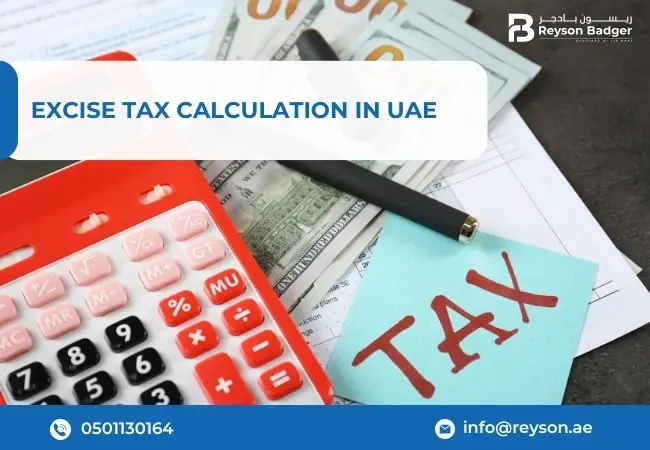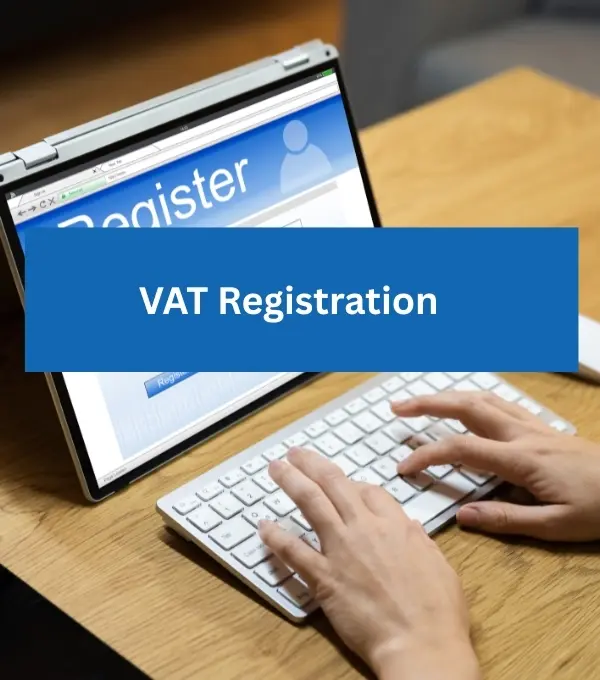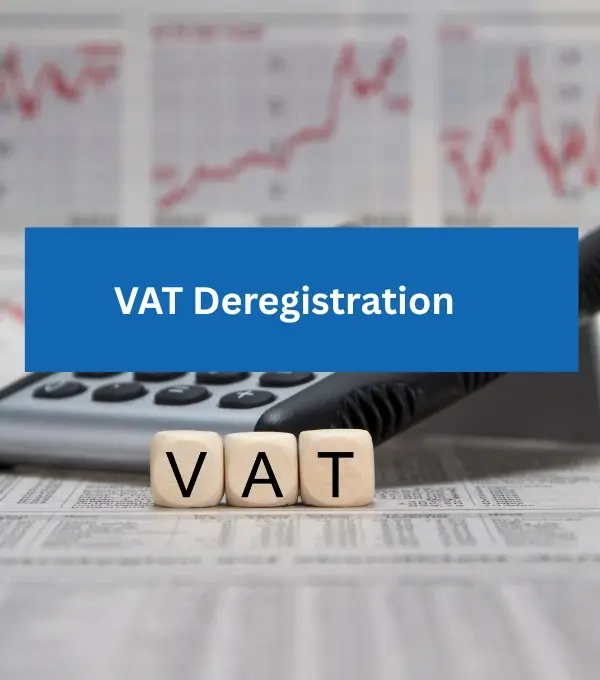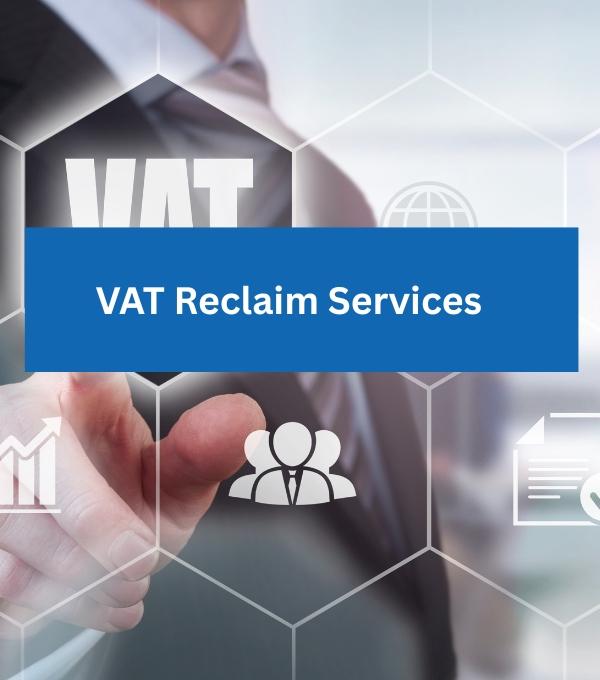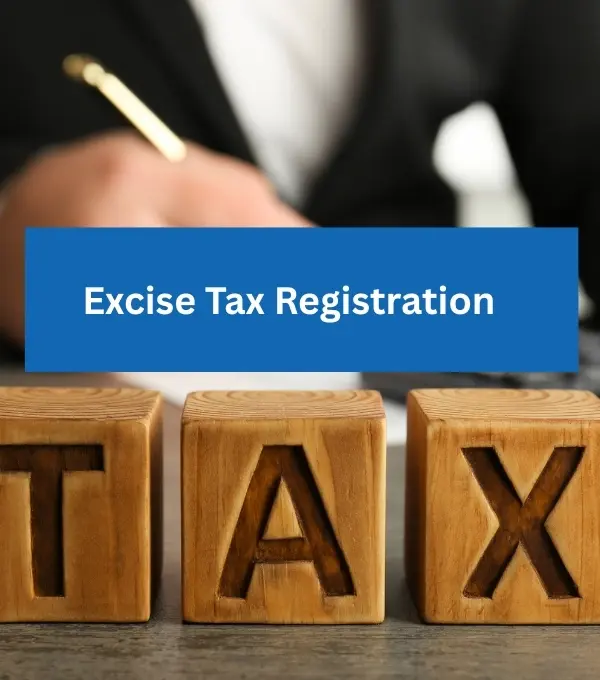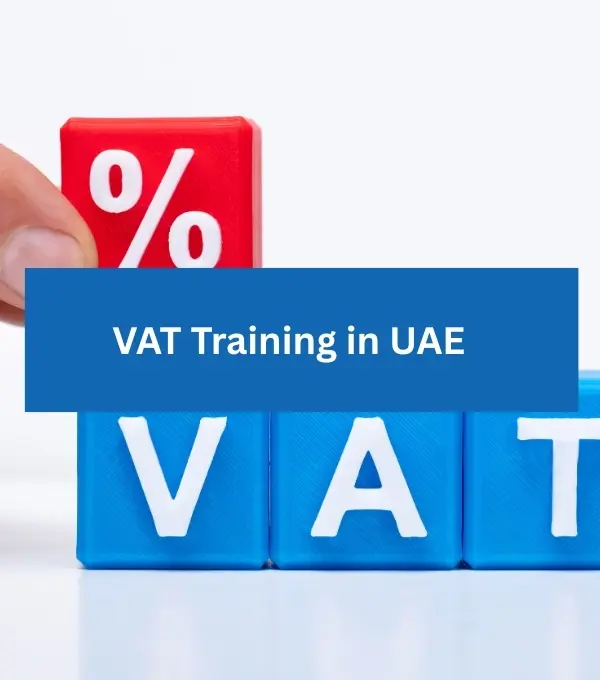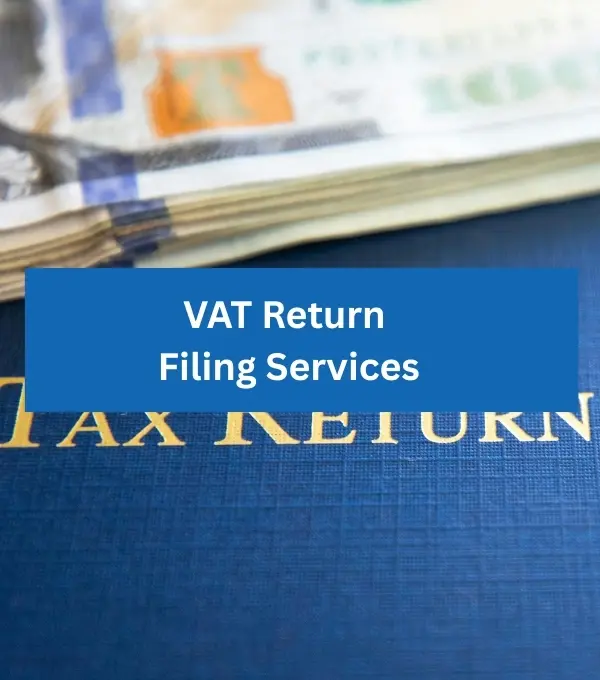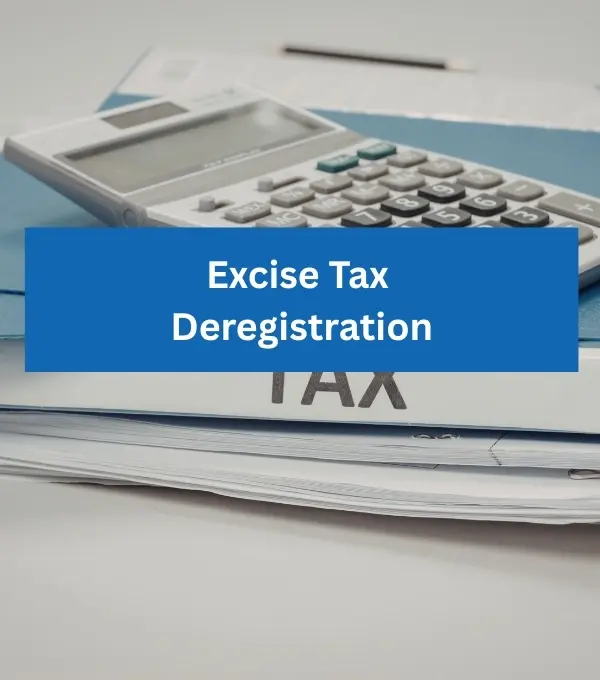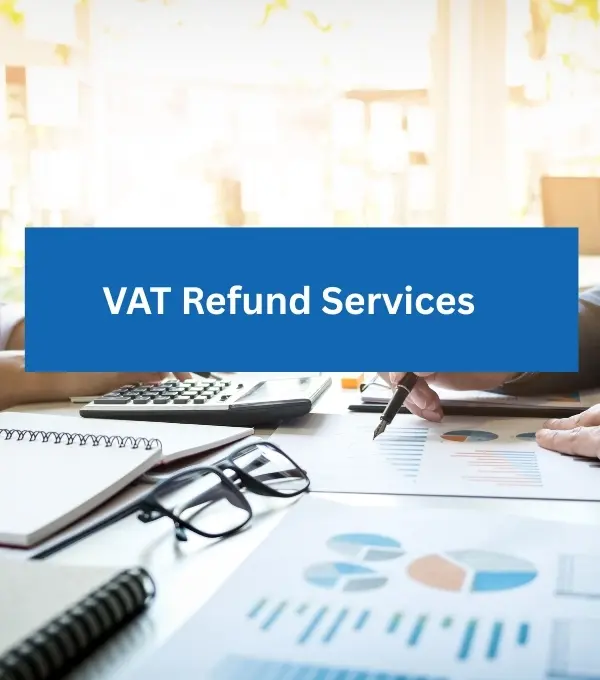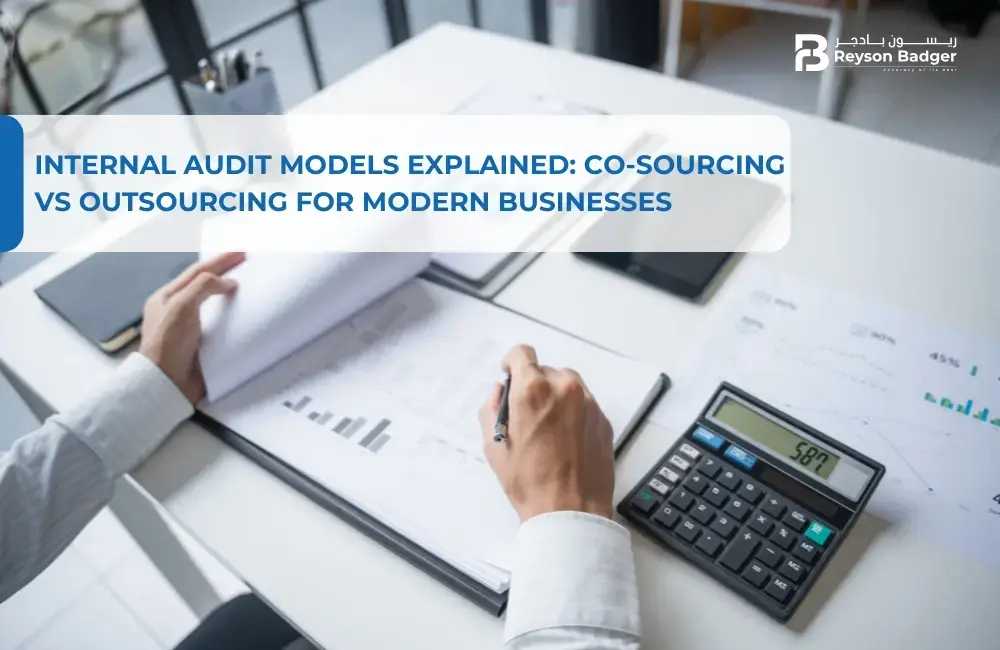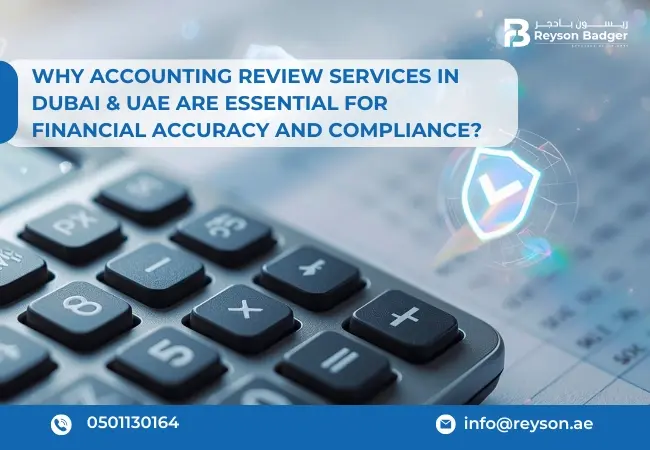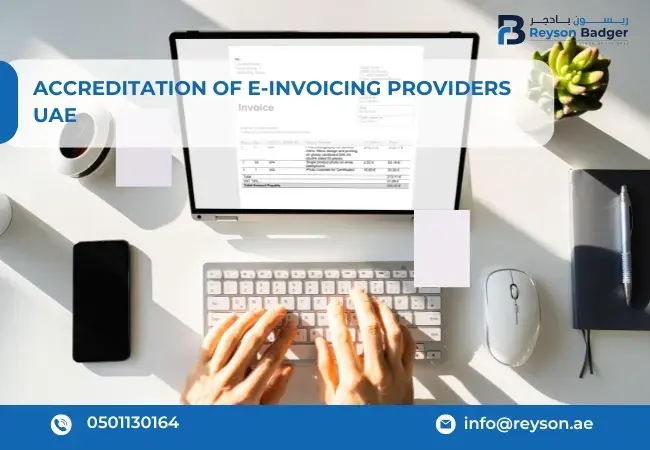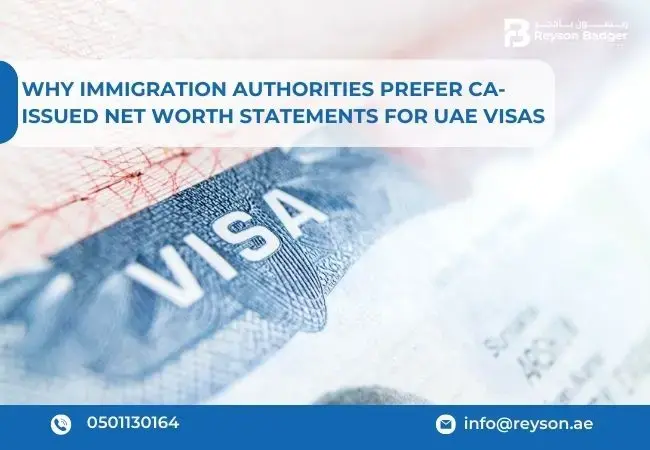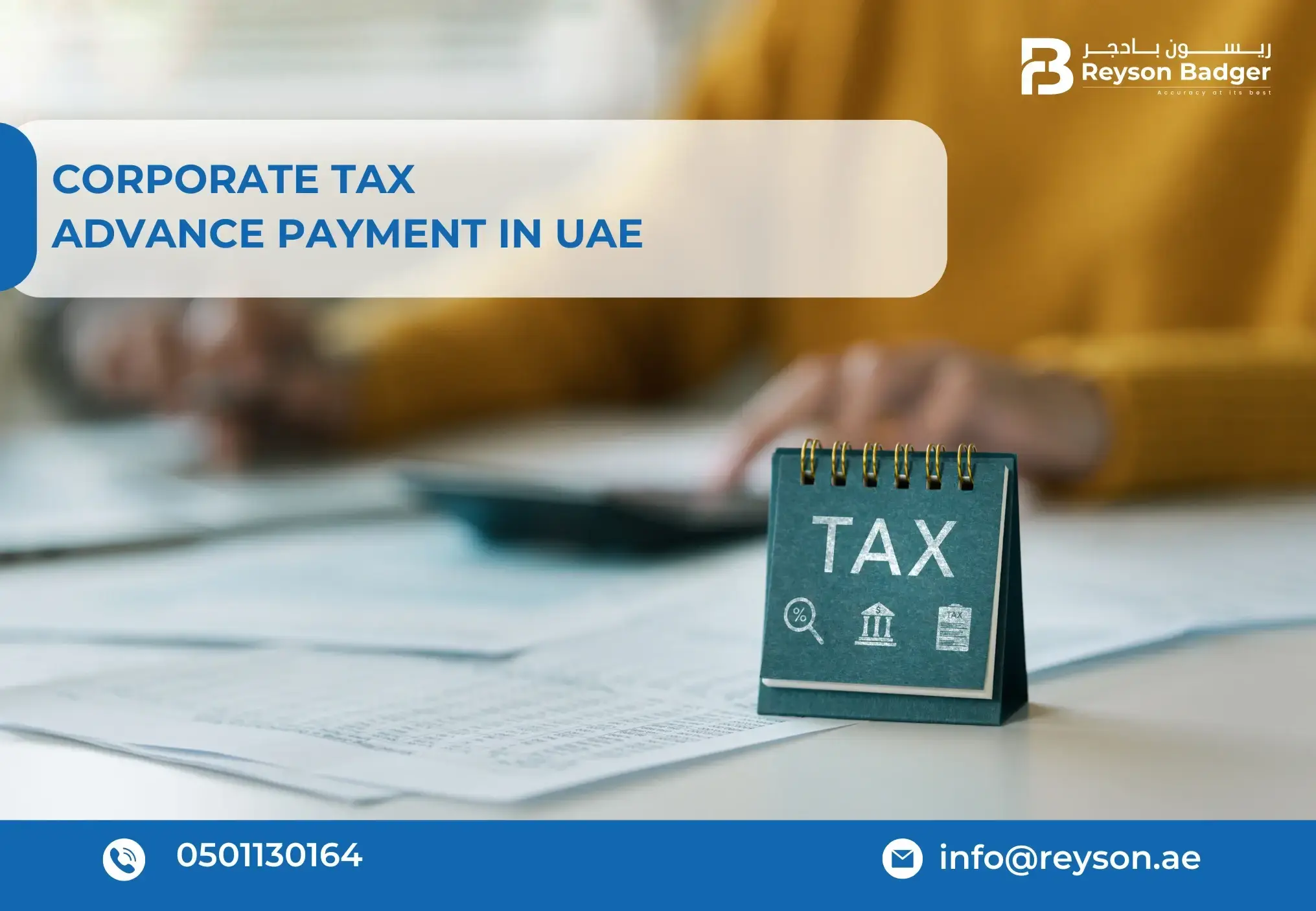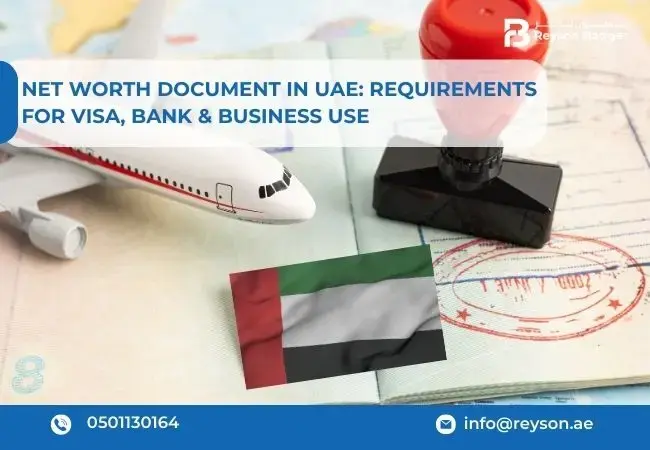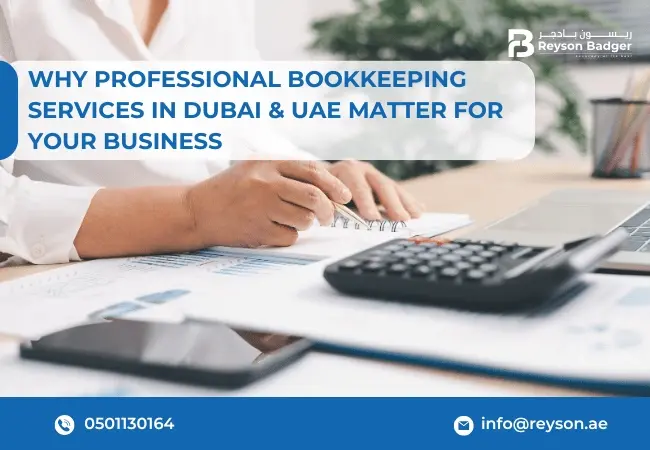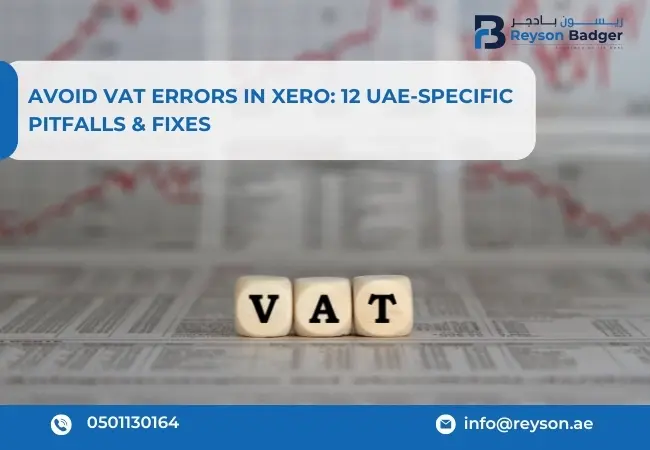Excise Tax Calculation in UAE is a critical compliance step for businesses dealing with specific goods. Introduced in October 2017, Excise Tax is an indirect tax levied on products such as tobacco, carbonated drinks, and energy drinks to reduce consumption and generate government revenue. The Federal Tax Authority (FTA) requires businesses to calculate and pay the correct excise tax to avoid penalties. In this blog, we explain the excise tax rates, step-by-step calculation methods, and the challenges companies face in ensuring accurate compliance with excise tax in UAE.
Excise Tax Rates in UAE
The UAE imposes excise taxes on various goods, with distinct tax rates for each category:
- Tobacco Products
The excise tax rate on tobacco products is a hefty 100%, meaning that the tax amount is equal to the product's retail price. These high excise tax rates in UAE aim to deter smoking and tobacco consumption.
- Energy Drinks
Similar to tobacco, the excise tax rate on energy drinks is also set at 100%, effectively making the tax amount equivalent to the retail cost of the product. This discourages excessive consumption of these high-caffeine beverages.
- Carbonated Drinks
Carbonated drinks, often associated with high sugar content, face a 50% excise tax rate. In this case, the tax amount is equal to 50% of the product's retail price. The aim is to curb the consumption of sugary drinks and promote healthier choices.
Excise Tax Calculation in UAE
To determine the excise tax amount for specific goods, the UAE employs two distinct calculation methods:
- Specific Method
The specific method involves applying a fixed tax rate per unit. For tobacco products and energy drinks, the tax payable is always the higher of the tax calculated using the ad valorem rate (100% of the Excise Price) OR the tax calculated using the specific rate (e.g. AED 0.4 per cigarette or AED 0.1 per milliliter). This method offers clarity for businesses and consumers, ensuring that the tax amount remains predictable and easy to administer.
- Ad Valorem Method
In contrast, the ad valorem method calculates excise tax based on the value of the product. This method is applied to excisable items like tobacco, energy drinks, and sweetened drinks, often in combination with a specific rate. The ad valorem method is more complex, requiring a valuation of the product to determine the taxable amount accurately. This method is typically applied to goods where value fluctuates significantly.
Let's illustrate these calculation methods with examples:
Specific Method: The excise tax on a pack of 20 cigarettes must be the higher of 100% of the Excise Price OR AED 8 (AED 0.4 per cigarette x 20). If the Excise Price is AED 12, the tax is AED 12 (100% of the price). If the Excise Price is AED 7, the tax is AED 8 (the specific minimum).
Ad Valorem Method : For an energy drink priced at AED 10 in a retail store, the excise tax using the ad valorem method would be AED 10 + 100% x AED 10, resulting in an excise tax of AED 20.
Similarly, for a carbonated drink with a suggested retail price of AED 5, the ad valorem tax calculation would be AED 5 + 50% x AED 5, totaling AED 7.5 in excise tax.
Challenges in Implementing the Excise Tax in UAE
While the excise tax in the UAE serves crucial purposes, several challenges persist in its implementation:
- Cross-Border Transactions
Enforcing excise tax in cross-border transactions remains a significant challenge. It can be difficult to ensure compliance and collect the required taxes in such scenarios. Effective border controls and collaboration with neighboring countries are essential to address this issue.
- Impact on SMEs
Small and Medium-sized Enterprises (SMEs) may bear a disproportionate burden due to excise taxes. These businesses might face a dilemma: raise prices to compensate for increased costs or accept reduced profits. Striking a balance that doesn't overburden SMEs while achieving the tax's objectives is a delicate task that requires ongoing attention and policy adjustments.
Conclusion
The excise tax in the UAE has become a vital tool for the government, generating revenue and promoting healthier consumption habits. With specific and ad valorem methods of calculation, businesses can accurately determine their excise tax liabilities. Nevertheless, challenges related to cross-border transactions and their impact on SMEs persist, highlighting the need for effective enforcement measures and continued policy evaluation. As the UAE continues to fine-tune its excise tax system, it remains committed to achieving its twin goals of fiscal sustainability and public health improvement.
When dealing with the complexities of excise tax in the UAE, it is always advisable to seek expert guidance from a top excise tax consultant in Dubai, such as Reyson Badger. With our expertise, you can ensure that your business not only meets its tax obligations but also maximizes efficiency in tax planning and management.
 The Federal Tax Authority (FTA) has announced that businesses must complete Corporate Tax registration within 90 days from the Date of Incorporation / MOA.
The Federal Tax Authority (FTA) has announced that businesses must complete Corporate Tax registration within 90 days from the Date of Incorporation / MOA.
